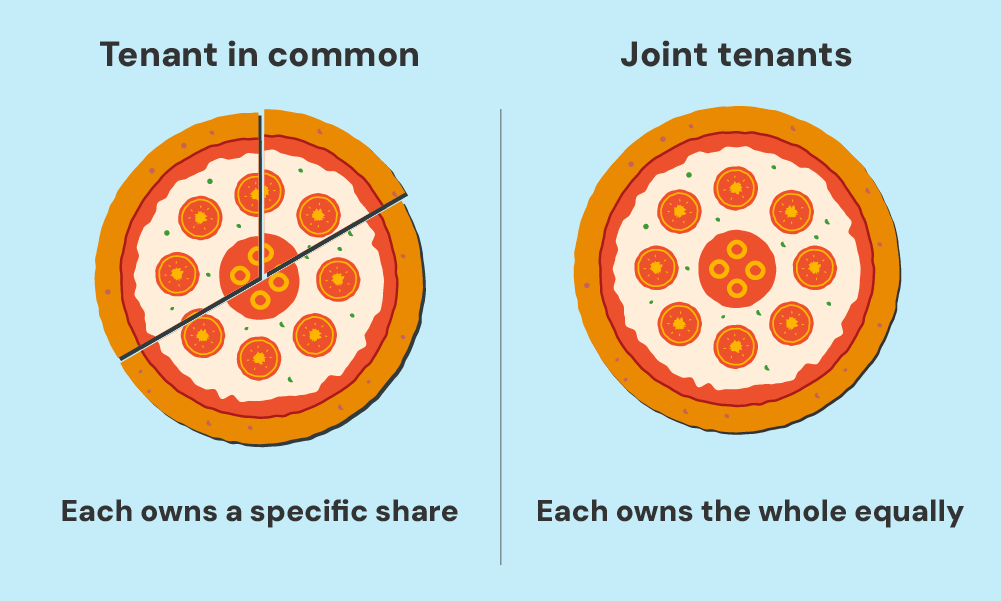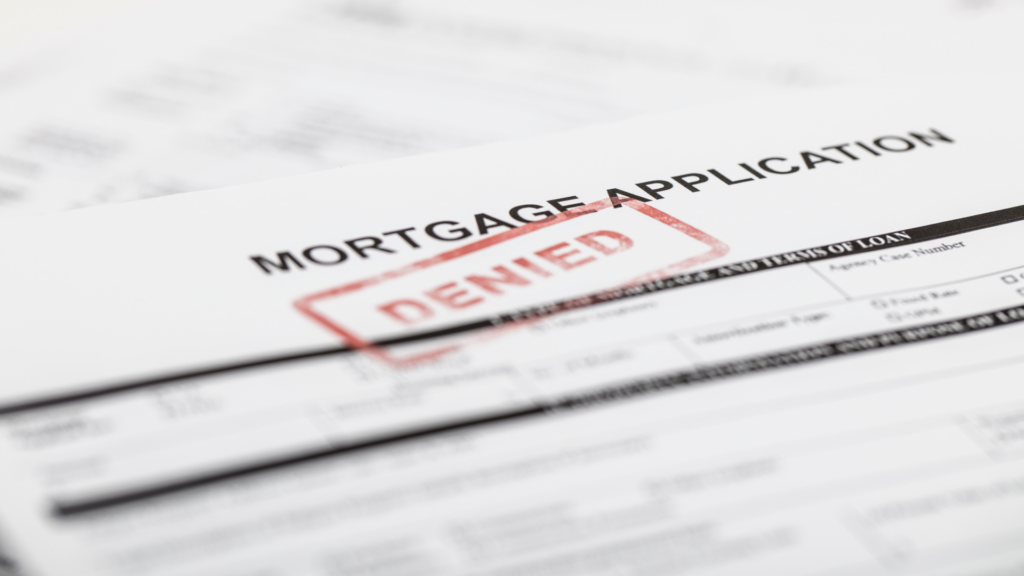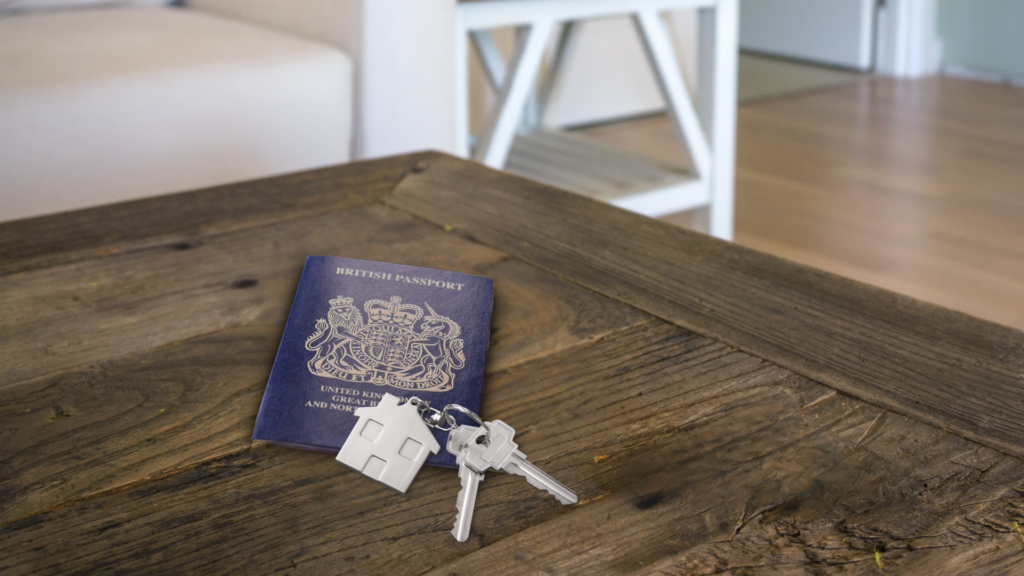- What Happens to a Joint Mortgage When Someone Dies?
- When Should You Notify the Lender?
- What Are the Potential Problems?
- What If You Canât Afford the Mortgage?
- How Long Do You Have to Repay the Mortgage?
- What If Your Name Isnât on the Mortgage?
- How Does Probate Affect the Mortgage?
- Key Takeaways
- The Bottom Line: What To Do Next
What To Do With A Joint Mortgage After Death

Losing a loved one is incredibly tough. Along with the emotional pain, you’re also faced with practical matters, like dealing with a joint mortgage.
Understanding what happens to a mortgage after someone dies can be confusing. To avoid financial problems, it’s crucial to know your options.
This article will guide you through the process.
What Happens to a Joint Mortgage When Someone Dies?
If you share a mortgage with someone, it’s important to understand what happens if they pass away.
How things work out depends on how you own your home (type of mortgage agreement).
There are two main ways to own a property with someone else: joint tenancy and tenancy in common.
Each one has different rules about what happens next.
Joint Tenancy Mortgages
If you and your partner held the property as joint tenants, the mortgage automatically transfers to you as the surviving partner.
This means you inherit both the property and the full responsibility for the mortgage debt.
It’s a straightforward process legally, but financially, it can be a different story.
The sudden shift from two incomes to one can put you in a tight spot.
Ideally, the deceased would have had a life insurance policy in place to cover the remaining mortgage balance.
If that’s not the case, you might find yourself scrambling to keep up with payments.
If you’re worried about managing the repayments on your own, there are steps you can take.
For instance, you could request a payment holiday, extend the mortgage term, or even switch to an interest-only mortgage temporarily.
These options can help in the short term, but they might cost you more in the long run. We’ll explain this in more detail later.
Tenancy in Common Mortgages
For those with a tenancy in common mortgage, the situation can be more complicated.
Under this arrangement, each party owns a specific share of the property.
When one person dies, their share of the property doesn’t automatically transfer to the surviving co-owner.
Instead, it goes to whoever is named in their will.
If you’re in the will, you’ll own the whole property and the mortgage. But if someone else is named, you’ll have to share ownership with them.
This can be tricky, especially if they want to sell their share or if the property needs to be sold to pay off debts.
In cases where there is no will, the rules of intestacy will determine who inherits the deceased’s share.
This could be you, or it could be another relative, depending on the deceased’s family structure.
The key takeaway here is that tenancy in common arrangements can lead to outcomes that are less predictable than joint tenancies, so it’s crucial to understand your position early on.

When Should You Notify the Lender?
One of the first steps you need to take after the death of a joint mortgage holder is to notify the lender.
It’s important to do this as soon as possible.
Lenders are generally sympathetic to your situation and will often offer to put repayments on hold while the estate is being settled.
To inform the lender, you’ll usually need to provide a copy of the death certificate.
This can be done by post or in person at a branch.
Once the lender is aware of the situation, they will guide you through their specific procedures for handling the mortgage after death.
What Are the Potential Problems?
Dealing with a mortgage after your partner dies can be tough, especially if they were the main breadwinner.
Without their income, you might struggle to keep up with the monthly repayments.
This is a common issue, and it’s why life insurance is so often recommended for joint mortgage holders.
If life insurance isn’t available, you’ll need to explore other options. This might involve restructuring the mortgage, selling the property, or even remortgaging.
Another potential problem is access to the deceased’s bank accounts.
Joint accounts will remain accessible, but individual accounts are usually frozen until after probate. This could delay access to funds that might otherwise help with mortgage payments.
If you’re facing any of these challenges, it’s wise to seek professional advice.
Speaking with a good mortgage broker can help you understand your options and find a solution that best suits your circumstances.

What If You Can’t Afford the Mortgage?
If the loss of a partner leaves you unable to afford the mortgage on your own, you’re not without options.
Here’s what you can do:
- Request a Payment Holiday. Many lenders offer payment holidays in the event of a bereavement. This can provide temporary relief, giving you time to sort out your finances without the pressure of monthly payments.
- Switch to an Interest-Only Mortgage. Switching to an interest-only mortgage can significantly lower your monthly payments. But, you’ll still owe the original loan amount at the end of the term, so it’s not a long-term solution unless you have a plan to pay off the balance later.
- Use Inheritance or Insurance: If you’ve inherited money or received a payout from life insurance or death in service benefits, consider using it to make a lump sum payment on the mortgage. This can reduce the debt and make the remaining payments more manageable.
- Extend the Mortgage Term. Extending the length of your mortgage can reduce your monthly payments. While this will increase the total interest you pay over the life of the loan, it might be a necessary step to keep your home.
- Sell the Property. In some cases, selling the property and moving to a more affordable home is the best option. It’s a difficult decision, but it can provide financial stability in the long run.
- Remortgage. Remortgaging to a better deal or adding another name to the mortgage might also be an option. This could lower your interest rate or spread the cost across multiple incomes, making the payments more manageable.
No matter which option you’re considering, it’s essential to speak with a good mortgage broker.
They can help you navigate the complexities and find the best solution for your situation.
How Long Do You Have to Repay the Mortgage?
After the death of a joint mortgage holder, the mortgage itself continues on the same terms unless you take action to change it.
This means that the repayment schedule, interest rate, and remaining term all stay the same.
But, if you’re struggling to make payments, your lender might agree to give you more time to repay the mortgage.
This could involve extending the term or putting payments on hold until the property is sold.
It’s important to note that interest will continue to accrue during any payment holiday, so your debt will increase over time.
What If Your Name Isn’t on the Mortgage?
If your partner dies and your name isn’t on the mortgage, you might still have options.
If there’s life insurance or other assets in the estate, these can be used to pay off the mortgage.
If that’s not possible, you might need to apply for a mortgage in your own name to keep the property.
This can be a complex process, especially if there’s no will or if the estate is in probate.
You’ll need to pass the lender’s affordability assessments, and it’s crucial to work closely with the executor of the estate to understand your position.
How Does Probate Affect the Mortgage?
Probate is the legal process of sorting out someone’s money and property after they die. The person in charge of this is called the executor.
One of their jobs is to pay off the mortgage.
Before anyone gets any money from the estate, the mortgage must be paid. If there isn’t enough money, the house might have to be sold.
Sometimes, the lender might let you pause the mortgage payments while the probate process happens, but this isn’t always possible.
It’s important to keep in touch with the lender throughout this time.
Key Takeaways
- When your partner dies with a joint tenancy mortgage, the property and mortgage transfer to you automatically.
- For tenancy in common, the deceased’s share of the property goes to whoever is named in their will, or according to intestacy rules if there is no will.
- Notify the mortgage lender as soon as possible after a partner’s death; they may offer a payment holiday while the estate is settled.
- If you can’t afford the mortgage alone, consider extending the term, switching to interest-only, or using life insurance or inheritance to reduce the debt.
The Bottom Line: What To Do Next
The best way to deal with your mortgage after the death of a partner depends on your situation. The most important thing is to take action and get professional help.
A good mortgage broker can help you explore all your options, from remortgaging to extending the term or selling the property.
If you’re feeling overwhelmed, don’t hesitate to reach out for help. We’ll connect you with a qualified mortgage broker to help during these tough times.
Managing a mortgage after a bereavement is never easy, but with the right support, you can find a solution that works for you.
Get Matched With Your Dream Mortgage Advisor...

Frequently asked questions
Can I remove my deceased partner’s name from the mortgage?
Yes, you can apply to have your deceased partner’s name removed from the mortgage. This process usually involves a ‘transfer of equity,’ where you take on full ownership of the property and its associated mortgage debt.
You may need to meet certain criteria set by the lender, such as passing an affordability assessment, to proceed.
Is it possible to add another person to the mortgage after my partner’s death?
Yes, you can apply to add another person, such as a family member or new partner, to the mortgage after your partner’s death.
This process requires lender approval and a new affordability assessment to ensure the new arrangement is sustainable.
What happens if I default on the mortgage after my partner dies?
If you can’t keep up with the mortgage payments after your partner dies, the lender could take your home. But most lenders will try to help you first by remortgaging or giving you some extra time.
How long does the probate process typically take?
The probate process can take a long time – anywhere from a few months to over a year. It depends on how complicated things are and if there are any disagreements.
While this is happening, you still need to manage the mortgage. You might need to keep making payments or agree to a temporary break with the bank.
Can the mortgage be paid off early after my partner’s death?
Yes, if you have the funds, such as from life insurance or inheritance, you can pay off the mortgage early. However, check with your lender for any early repayment fees that might apply.




